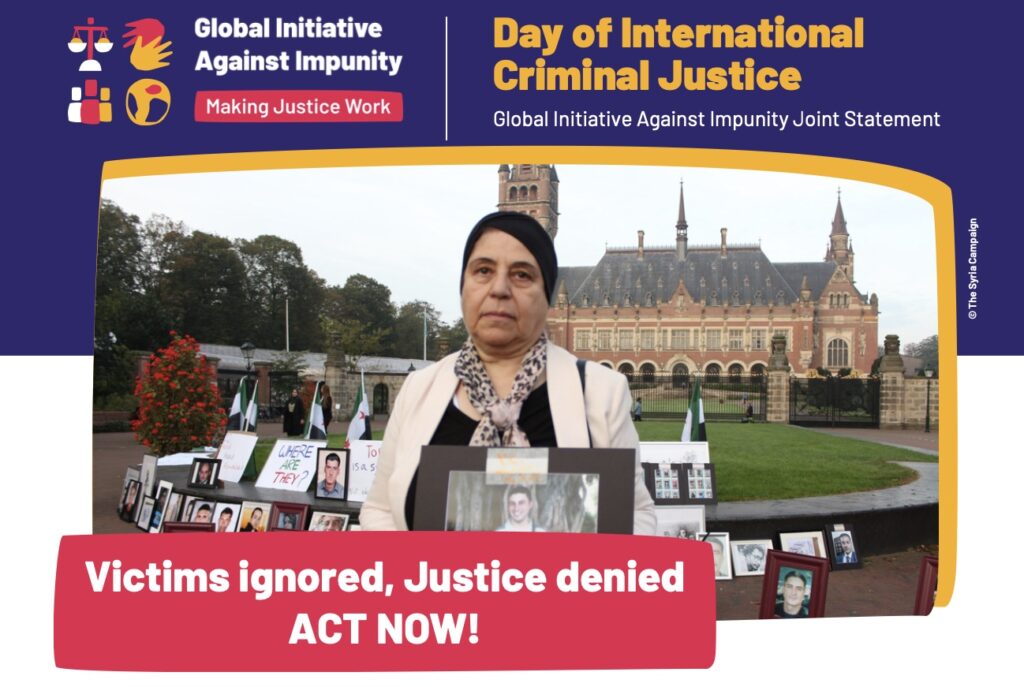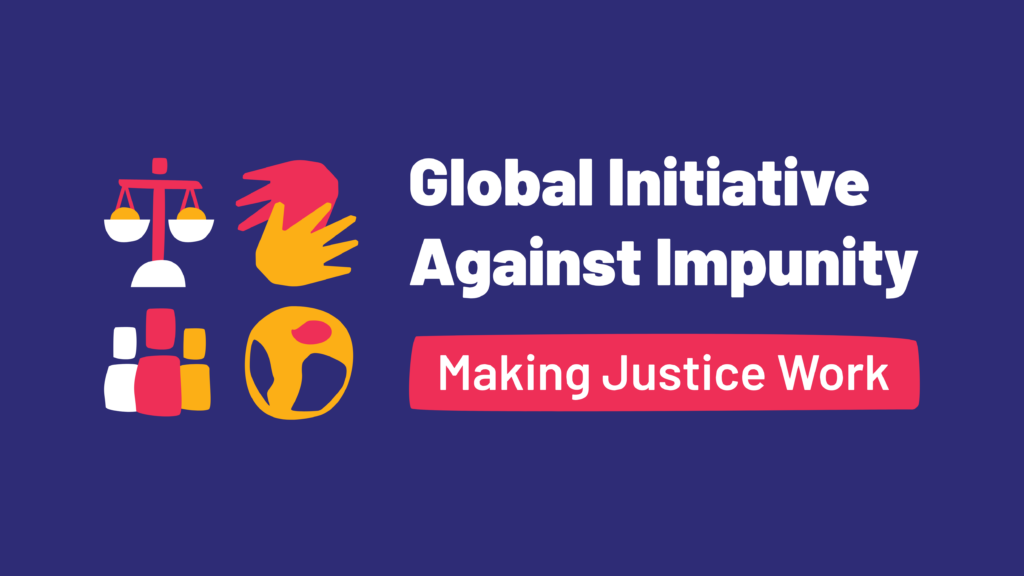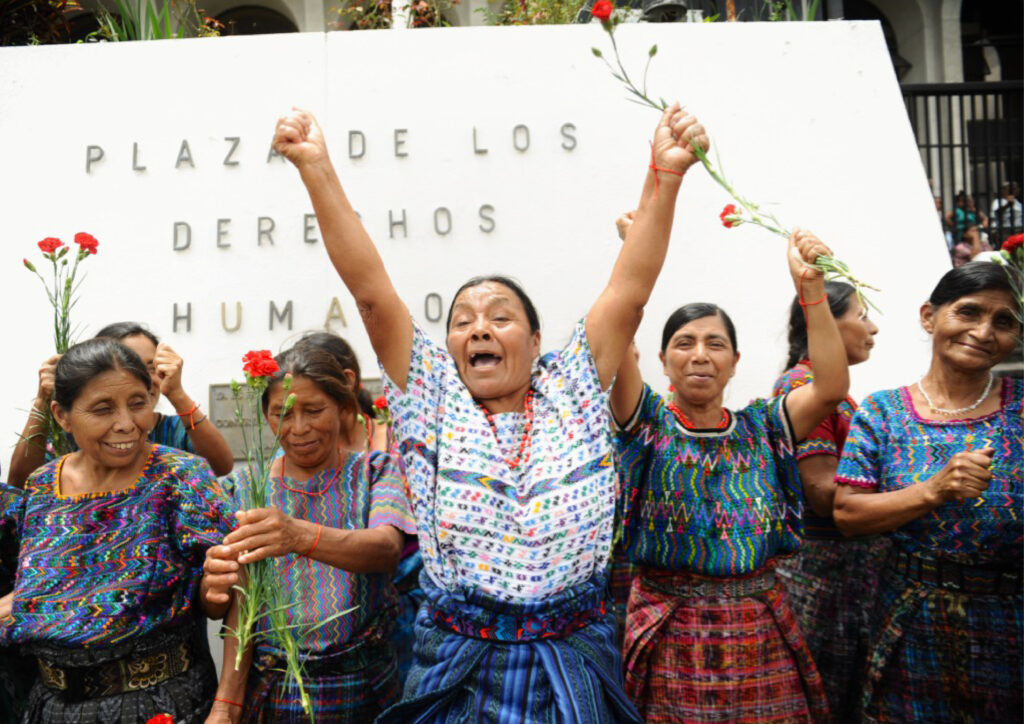UPR: Nepal must do better for its human rights track record
Geneva, 4 November 2015 – Nepal underwent today its Universal Periodic Review (UPR) at the United Nations Human Rights Council in Geneva. On the occasion of this second cycle of Nepal’s scrutiny by the UN, no less than 73 Member States took the floor and provided Nepal with recommendations. While most congratulated Nepal on the promulgation of the world’s youngest Constitution and the election of the first female President, the general feeling was that many challenges remain to the protection and promotion of human rights. TRIAL has been among the NGOs closely monitoring this examination. The NGO now calls on Nepal to do its utmost to take action and improve its human rights track record with no further delay.
Three times a year, in the framework of the Universal Periodic Review (UPR), members of the Human Rights Council examine the countries and assess their human rights situation. During the November 2015 23rd session, 14 countries are under UN scrutiny. Amongst the many issues discussed today during Nepal’s examination, Member States expressed serious concern over four main issues:
- The excessive use of force by security forces during recent demonstrations
- Nepal’s failure to seek accountability for the international crimes committed during/after the 1996-2006 armed conflict, including the failure to investigate and prosecute perpetrators of such crimes or to provide justice and reparation to victims
- Criminalization of torture and enforced disappearances in the Nepalese legal system
- Widespread impunity and ineffectiveness of the transitional justice mechanisms
- 35-day statute of limitations on reporting rape cases
TRIAL was part of the NGOs closely following the UPR and is extremely preoccupied by the gross human rights violations committed in Nepal: “Today, the international community is reminding Nepal that it is no longer acceptable to maintain the widespread climate of impunity prevailing in the country. It is the shared responsibility of all countries to assist Nepal in improving this situation. Nepal must listen and follow these recommendations if it wants to be perceived as a democracy that respects human rights” said Helena Rodríguez-Bronchú, Legal Advisor for Nepal at TRIAL.
Will Nepal work on improving its human rights situation or will the country simply walk away from its international obligations? Judging by the recent past, the situation does not bode well. Nepal underwent its first UPR on 25 January 2011. “At that time, Nepal, accepted several dozens of UN recommendations. It is alarming to see that four years later, the country has turned a blind eye to several of those recommendations, showing a shameful indifference to its international obligations“, added Helena Rodríguez-Bronchú. To date, nothing has been done to address the impunity and to effectively combat torture, the Member States pointed out today.
Regrettably, Deputy Prime Minister and Minister of Foreign Affairs of Nepal, Mr. Kamal Thapa, representing the government of Nepal, suggested that it would have difficulties accepting many of the recommendations.
Moreover, in relation to the concerns raised regarding the excessive use of force by security forces, Ramesh Dhakal, Joint Secretary of the Law and Human Rights Division of the Office of the Prime Minister and Council of Ministers, stated that “the security forces can use the necessary force in order to maintain public law and order, and to saves lives and property, as a last resort.”
TRIAL seconds the genuine concerns raised by the international community today and urges Nepal to criminalize enforced disappearance and torture under domestic law; take concrete steps to address the gross human rights violations, including excessive use of force and extra-judicial killings by security forces in Terai; and correct the flaws identified by the civil society in the new transitional justice mechanisms.








